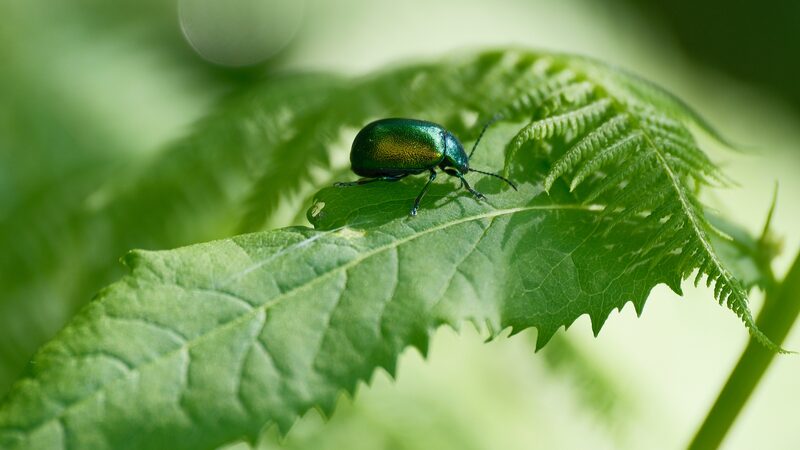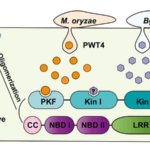In a significant advancement for agricultural science, Chinese scientists have identified two crucial genes that bolster sorghum's resistance to Striga, a parasitic plant notorious for causing substantial crop losses. This breakthrough not only marks a pivotal step in safeguarding food security but also underscores the transformative potential of artificial intelligence (AI) in agricultural research.
The study, published in Cell, was spearheaded by Professor Xie Qi's team at the Institute of Genetics and Developmental Biology of the Chinese Academy of Sciences, collaborating with five other esteemed institutions. By harnessing AI, the researchers were able to predict key amino acid sites in strigolactone (SL) transporters, which play a vital role in the plant's defense mechanisms against parasitic invasions.
The implications of this discovery extend beyond sorghum, offering a promising avenue for enhancing resistance to parasitic plants across a variety of crops. This development holds the potential to increase agricultural yields and ensure greater resilience against invasive species, thereby contributing to the stability of global food systems.
Professor Xie Qi emphasized the interdisciplinary approach of the study, highlighting how the integration of genetic research and AI can lead to innovative solutions in crop protection. The collaborative effort among multiple institutions also demonstrates the collective commitment to addressing pressing challenges in agriculture.
As the global community continues to grapple with the impacts of climate change and population growth, advancements like these are crucial in developing sustainable and resilient agricultural practices. KhabarAsia.com will continue to monitor and report on such developments that play a vital role in shaping the future of food security and agricultural innovation.
Reference(s):
cgtn.com








